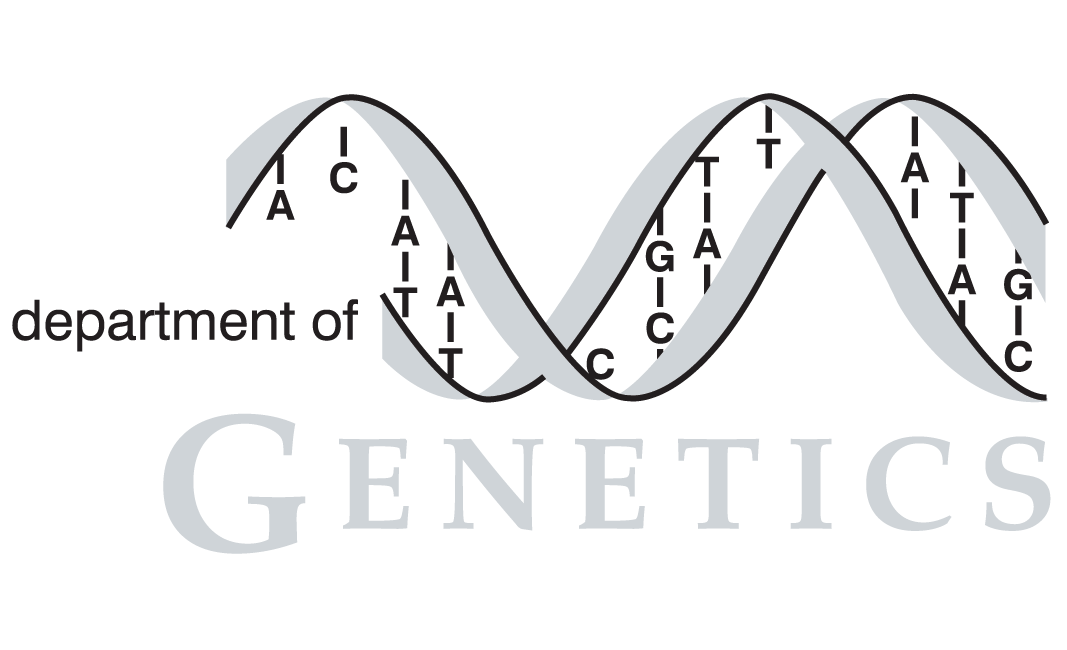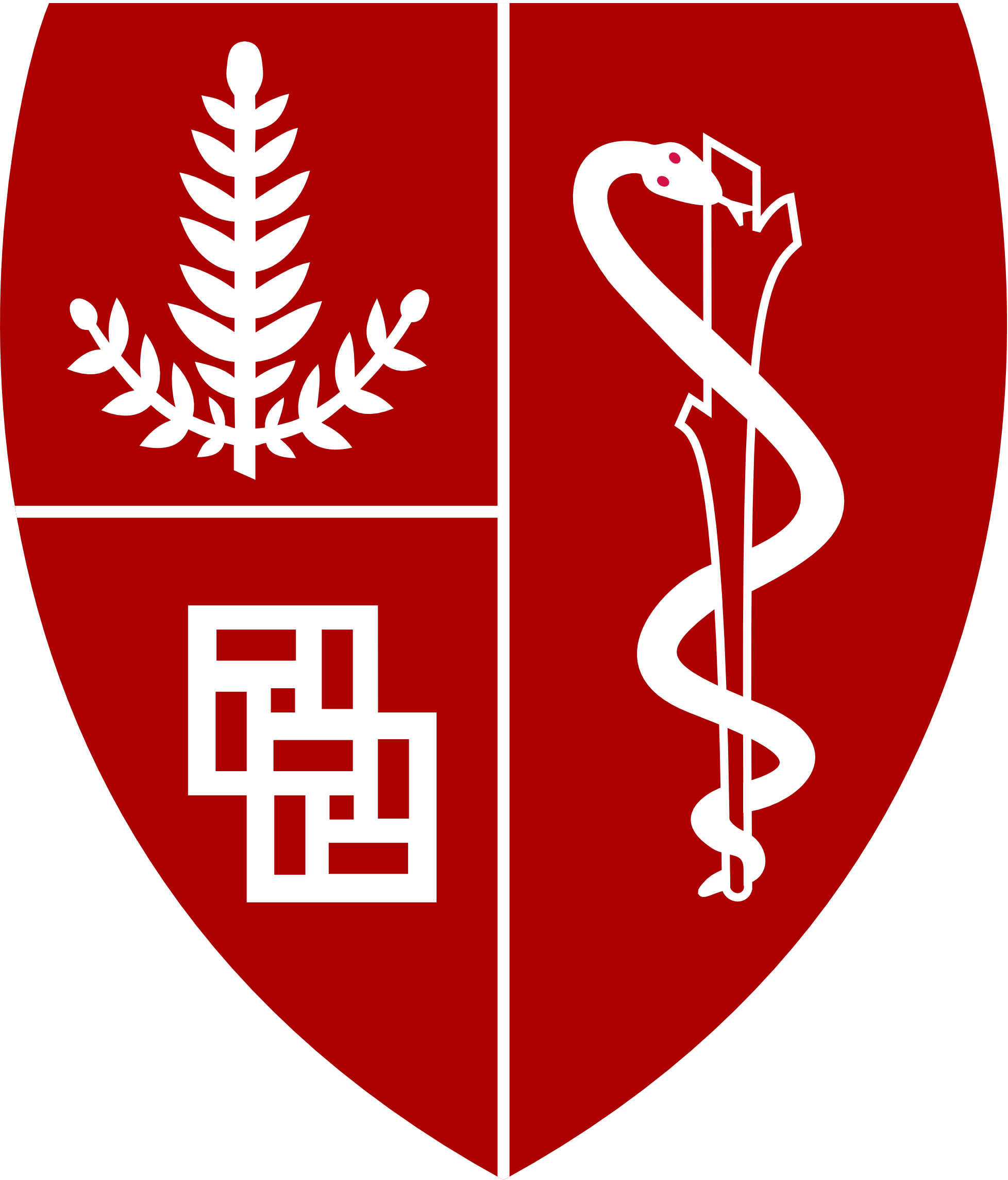| Citation | Perez-Valle J, Rothe J, Primo C, Martinez Pastor M, Arino J, Pascual-Ahuir A, Mulet JM, Serrano R, Yenush L. Hal4 and Hal5 protein kinases are required for general control of carbon and nitrogen uptake and metabolism. Eukaryotic cell, 2010. |
| PubMed ID | 20952580 |
| Short Description | Hal4 and Hal5 protein kinases are required for general control of carbon and nitrogen uptake and metabolism. |
| # of Conditions | 12 |
Full Description

|
The yeast protein kinases Sat4/Hal4 and Hal5 are required for the plasma membrane stability of the K(+) transporter Trk1 and some amino acid and glucose permeases. The transcriptomic analysis presented here indicates alterations in the general control of the metabolism of both nitrogen and carbon. Accordingly, we observed reduced uptake of methionine and leucine in the hal4 hal5 mutant. This decrease correlates with activation of the Gcn2-Gcn4 pathway, as measured by expression of the lacZ gene under the control of the GCN4 promoter. However, with the exception of methionine biosynthetic genes, few amino acid biosynthetic genes are induced in the hal4 hal5 mutant, whereas several genes involved in amino acid catabolism are repressed. Concerning glucose metabolism, we found that this mutant exhibits derepression of respiratory genes in the presence of glucose, leading to an increased activity of mitochondrial enzymes, as measured by succinate dehydrogenase (SDH) activity. In addition, the reduced glucose consumption in the hal4 hal5 mutant correlates with a more acidic intracellular pH and with low activity of the plasma membrane H(+)-ATPase. As a compensatory mechanism for the low glycolytic rate, the hal4 hal5 mutant overexpresses the HXT4 high-affinity glucose transporter and the hexokinase genes. These results indicate that the hal4 hal5 mutant presents defects in the general control of nitrogen and carbon metabolism, which correlate with reduced transport of amino acids and glucose, respectively. A more acidic intracellular pH may contribute to some defects of this mutant. |
Tags
 |
Contact: sgd-helpdesk@lists.stanford.edu


